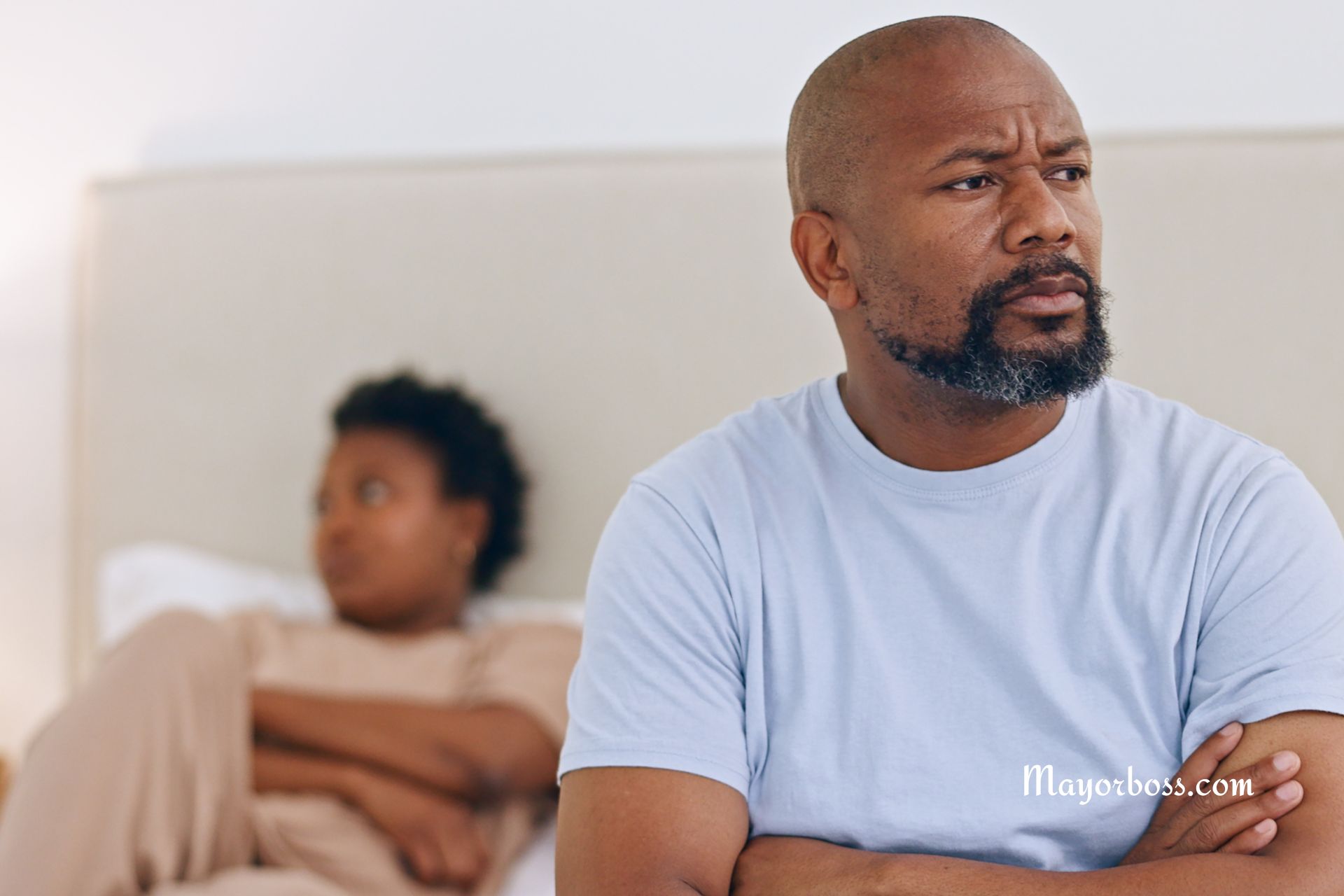7 Reasons Why Some Men Are Passive in Their Relationships
When we think about relationships, we often picture a dynamic of give and take. But what happens when one partner seems just a bit too… passive? In this article, we’re looking into why some men might appear less proactive or engaged in their relationships.
First, let’s clarify what “passive” means in this context. Imagine responses like, “Whatever you think is best,” “I’m fine with anything,” or “You decide, I’m easy.” These phrases often reflect a reluctance to make decisions or express strong preferences, which can signal passivity in the relationship dynamic. Here are some of the reasons behind this behavior, which can help us understand the dynamics better.

1. Fear of Conflict
Believe it or not, one common reason for passivity is the fear of conflict. Many men prefer to avoid arguments or confrontations, thinking it’s easier to just go with the flow rather than express dissent or different opinions. They might think, “Why stir the pot when I can keep things calm?”
2. Lack of Role Models
Some men have grown up without strong role models who demonstrated active engagement in relationships. If you’ve never seen it in action, you might not know how to do it yourself. This can lead to uncertainty about how to assert oneself in a relationship, leading to the question, “Am I doing this right?”
3. Low Self-Esteem
Low self-esteem can make anyone feel unworthy of voicing their opinion. Men with lower self-esteem might think, “My thoughts aren’t that important,” or “What if I’m wrong?” This can keep them from taking more active roles in their relationships.
4. Previous Negative Experiences
If a man has had negative experiences in past relationships where his input was dismissed or criticized, he might think, “It’s safer if I just keep quiet.” This protective mechanism helps avoid further hurt but can lead to passivity in new relationships.
5. Overwhelmed by Partner’s Dominance
Sometimes, the dynamic of a relationship can be skewed by one partner’s dominance. If a man’s partner is particularly assertive or controlling, he might find it easier or even necessary to be passive. He might think, “Let’s just do it your way to keep the peace.
6. Cultural Influences
Cultural background can primarily play a significant role in shaping how men perceive their roles in relationships. In some cultures, being stoic or reserved is seen as a virtue in men, which can translate into passivity. The thought process might be, “This is how I was taught to act.”
7. Fear of Making Mistakes
The fear of making mistakes can paralyze anyone. Some men prefer not to make decisions because they’re scared of the potential repercussions. They might avoid taking action because they’re thinking, “What if I mess this up?”
Frequently Asked Questions
1. What can be done to help a passive partner become more active in a relationship?
Encouragement and open communication are key. Discussing feelings and expectations openly can help a passive partner feel safer and more confident in expressing themselves.
2. Is passivity always a bad thing in relationships?
Not necessarily. It’s all about balance. Passivity becomes a problem when it affects relationship satisfaction or hinders emotional intimacy and mutual decision-making.
3. How can I tell if passivity is affecting my relationship?
If you feel that decisions are unbalanced or if one partner consistently holds back their thoughts and feelings, it might be time to take a closer look at how passivity is impacting the relationship dynamic.






